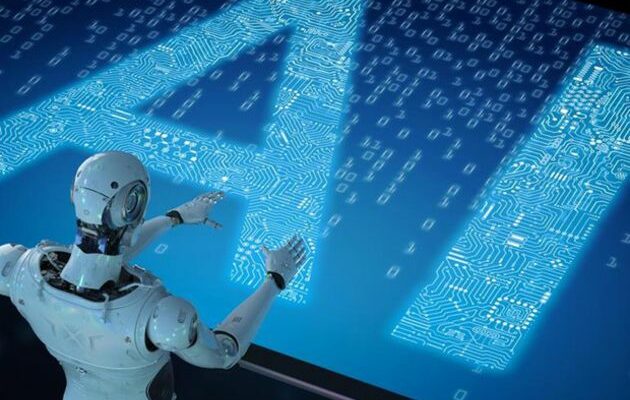ChatGPT, MidJourney, Gemini… AI is now part of our daily lives. While technology offers real transformational potential in many sectors, its use requires control, and the recent European AI Act translates this issue into reality. In response to the development of technology, it regulates its use in order to guarantee the quality of the data used to feed the algorithms and respect for copyright. Its article 14 on AI monitoring raises the question of automated network management and human surveillance, a real challenge for companies faced with a real quest for skills.
The wave of AI transformation is sweeping and impacting the world of networks, itself faced with the retirement of its engineers without the next generation taking their place. A situation which is not without consequences: for 40% of IT departments, it represents an obstacle when providing a response to the expectations of users/customers. Where more than four out of five engineers express the difficulty of maneuvering on a daily basis. Network management is increasingly becoming a real headache and constitutes a major challenge in the current economic environment.
Empower teams to act
Faced with this shortage, AI and its automation capabilities should quickly assert themselves as true allies of teams under pressure. Some technologies on the market are already using it to facilitate the automatic configuration and operation of network infrastructure and thus allow teams to focus on the strategic aspects of network management. With AI, optimization is a guarantee!
For network teams, having the possibility of relying on a remote management tool is an asset allowing not only to improve their use of remediation tools, but also to benefit from the flexibility necessary to adapt to daily demands. Or a potential for transformation that promotes the evolution and adaptation of their skills. This approach not only ensures improving network efficiency, but also aligns with the evolving trend of hybrid working practices and builds resilience.
Towards new perspectives
With the integration of AI into daily work, the notion of human-centered innovation is affirmed. The next generation of workers expected in the job market are tech-savvy. To attract young talents and retain them, companies must ensure that their technological deployments keep pace with the latest developments.
In the immediate term, the current skills shortage is also contributing to the infusion of AI into the networking world and triggering a whole series of reactions, mixing enthusiasm and concerns about job security. If according to certain studies (Cisco Learning Network, VentureBeat), AI could reshape certain roles traditionally played by network engineers, others suggest that it would not necessarily lead to job losses, but rather would open up the path to new business opportunities.
As AI becomes an integral part of network performance operations, it transforms the roles and skills of teams, paving the way for a future where technology and human expertise combine to achieve more. of possibilities. Integrating this evolution is not only a necessity, but an opportunity to redefine the way we approach network management in the digital age. The industry is on the cusp of a revolution where innovation and resilience combine with human expertise to deliver unprecedented possibilities. It is now up to companies to capitalize on the transformational potential of AI and appropriate it to serve the infrastructures of tomorrow.
